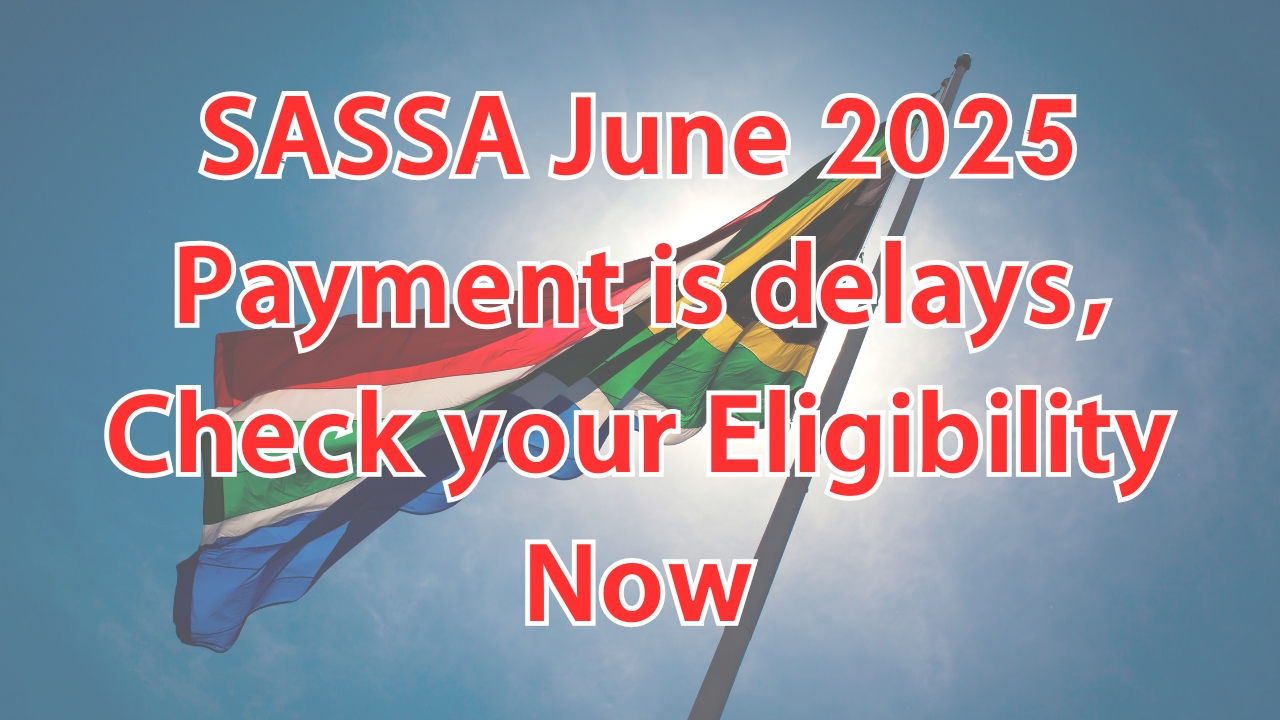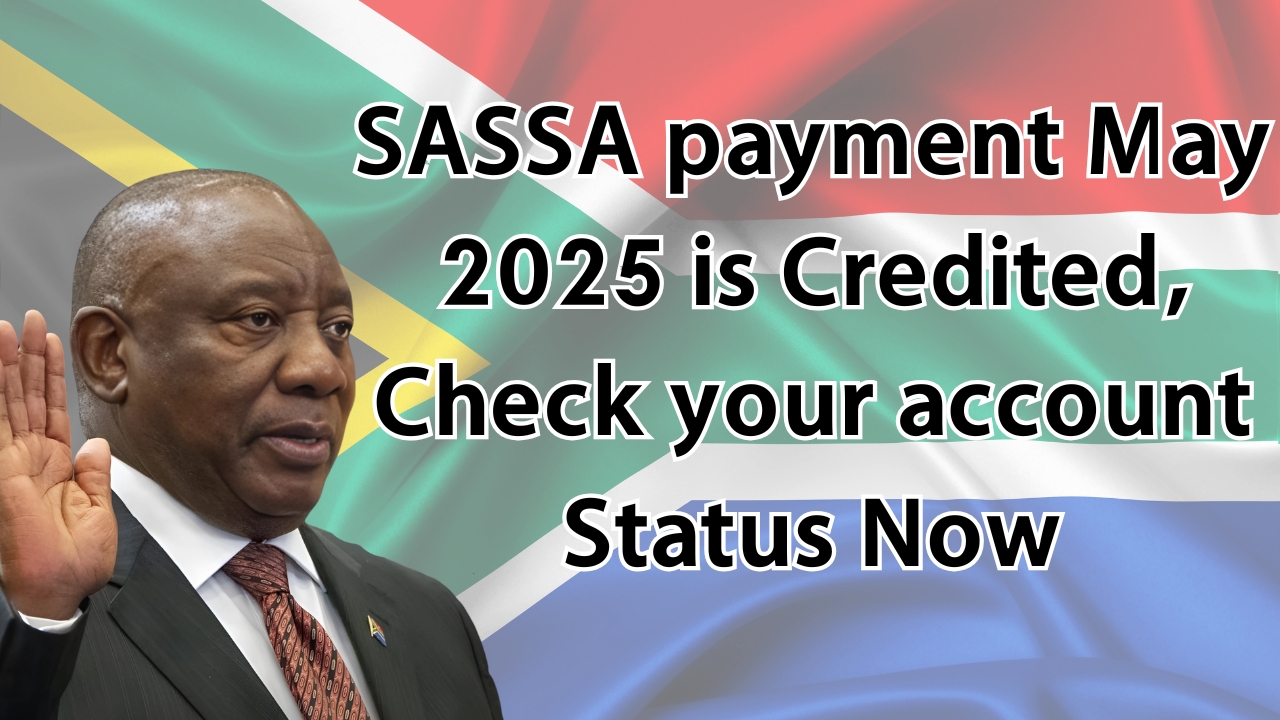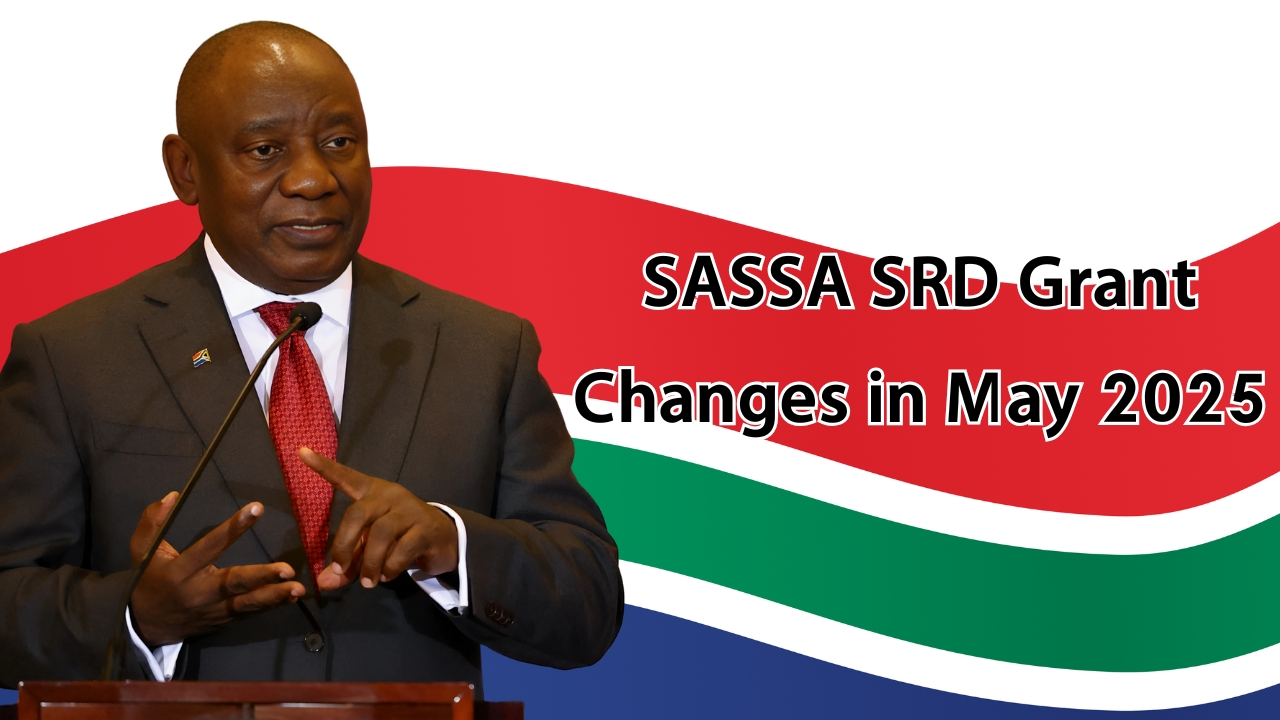The South African Social Security Agency has implemented unprecedented measures this June 2025, resulting in significant payment disruptions that have affected hundreds of thousands of beneficiaries across the country.
These rejections represent one of the most extensive compliance crackdowns in recent years, fundamentally changing how social grants are administered and monitored.
The Scale of June 2025 Payment Rejections
The magnitude of SASSA’s June 2025 payment rejections has sent shockwaves through communities nationwide.
In a significant compliance enforcement move, the South African Social Security Agency has announced that over 210,000 grant beneficiaries will face a payment freeze for June 2025, following the discovery of undisclosed sources of income.
This represents approximately 5% of all SASSA beneficiaries, making it one of the largest single-month rejection events in the agency’s history.
The rejection affects multiple grant categories, including the Social Relief of Distress (SRD) R370 grant, Old Age Pensions, Disability Grants, and Child Support Grants.
Each category faces unique challenges and verification requirements that have contributed to the widespread payment suspensions.
The timing of these rejections has created particular hardship for vulnerable populations who depend entirely on these grants for basic survival needs.
Many beneficiaries discovered their rejection status only when attempting to collect their monthly payments, creating immediate financial crises for families already living below the poverty line.
Primary Reasons Behind Payment Rejections
Understanding why SASSA has rejected so many payments requires examining the multiple verification systems now in place.
The agency has implemented sophisticated cross-referencing mechanisms that compare beneficiary information across various government databases, revealing discrepancies that previously went undetected.
Identity Verification Failures represent the most common cause of rejections this month. In May 2025, grant delays affected millions after SASSA introduced an identity verification rule just before payments began.
The Department of Social Development flagged inconsistencies in Home Affairs records, including unverified or deceased entries.
These verification failures occur when personal information doesn’t match records in the Department of Home Affairs database, creating automatic flags that prevent payment processing.
Undisclosed Income Sources have triggered massive rejection waves. The beneficiaries in question were flagged during a recent audit for receiving income that was never disclosed to SASSA.
The agency’s new partnership with registered credit bureaus allows them to detect bank transactions, employment income, and other financial activities that beneficiaries may have failed to report when applying for or renewing their grants.
Self-Exclusion Response Found appears when SASSA determines that applicants earn more than the qualifying threshold. For SRD grants, this means earning more than R624 per month, while other grants have different income limits.
The system automatically rejects applications when bank records show consistent income above these thresholds.
Failed Means Testing occurs when beneficiaries’ financial circumstances have improved beyond eligibility criteria but they haven’t updated SASSA accordingly.
This includes situations where household income has increased, family members have found employment, or beneficiaries have accessed other forms of government assistance.
The Technology Behind Mass Rejections
SASSA’s ability to reject hundreds of thousands of payments simultaneously stems from advanced technological integration with other government departments and financial institutions.
The agency now uses automated verification systems that cross-reference beneficiary information in real-time, checking against databases from the Department of Home Affairs, South African Revenue Service, Unemployment Insurance Fund, and commercial banks.
This technological advancement represents a double-edged sword for beneficiaries. While it helps eliminate fraud and ensures grants reach only eligible recipients, it also creates new barriers for legitimate beneficiaries who may have minor documentation issues or who haven’t properly updated their information.
The system’s sensitivity means that even small discrepancies can trigger rejection flags.
For example, slight variations in name spellings between different government databases, outdated address information, or minor banking detail changes can cause the system to flag accounts for manual review or automatic rejection.
Impact on Vulnerable Communities
The June 2025 payment rejections have created unprecedented hardship in communities already struggling with high unemployment and poverty rates.
With over 55.5% of South Africa’s population living in poverty and unemployment reaching 32.9% in 2025, SASSA grants often represent the only source of income for millions of households.
Families affected by payment rejections face immediate crises including inability to purchase food, pay for transportation to seek employment, cover children’s school expenses, or access basic healthcare services.
The psychological impact extends beyond financial hardship, creating stress and uncertainty about future survival strategies.
Rural communities face particular challenges, as limited internet access and long distances to SASSA offices make it difficult to resolve rejection issues quickly.
Many beneficiaries must choose between losing daily wages to travel to offices or remaining without grant payments while attempting to resolve their status remotely.
Elderly beneficiaries represent another vulnerable group severely affected by these rejections. Many struggle with technology requirements for online appeals or status checks, while physical limitations make visiting SASSA offices challenging.
The complexity of new verification processes often overwhelms older beneficiaries who have successfully received grants for years.
The Appeal Process and Resolution Pathways
For beneficiaries facing payment rejections, SASSA has established multiple appeal mechanisms, though the process can be complex and time-consuming.
Those affected must present themselves at a local SASSA office within 30 days from May 27, 2025 to undergo a full grant review.
Failure to comply may result in grant suspension, and continued non-compliance could lead to the permanent cancellation of benefits.
The online appeal process provides 24/7 accessibility for those with internet access. Beneficiaries can visit the official SASSA website, navigate to the appeal section, and provide their ID number and phone number used in the original application. The system sends a verification PIN to confirm identity before allowing appeal submissions.
However, appeals face significant backlogs due to the unprecedented volume of rejections. Processing times have extended from the usual 7-14 days to several weeks or even months in some cases.
This delay creates extended periods without income for affected families, often requiring them to seek assistance from community organizations or informal support networks.
The Independent Tribunal for Social Assistance Appeals (ITSAA) processes all grant appeals under the Department of Social Development. While this provides independent oversight, it also adds layers of bureaucracy that can slow resolution times.
Successfully appealed cases result in retroactive payments, but the delay often causes irreversible hardship for affected families.
Compliance Requirements and Documentation
SASSA’s new compliance framework requires beneficiaries to maintain accurate documentation and promptly report any changes in circumstances.
The agency now mandates that beneficiaries inform them of any income changes, family status modifications, address updates, or banking detail changes within 30 days of occurrence.
Required Documentation for resolving rejections includes valid South African ID documents (preferably smart cards rather than the outdated green barcoded ID books), proof of residence, banking statements for the past three months, employment documentation if applicable, and any other income verification documents.
Biometric Verification has become mandatory for many beneficiaries, particularly those flagged for identity discrepancies. This process requires in-person visits to SASSA offices equipped with biometric scanning technology, creating additional barriers for rural or mobility-impaired beneficiaries.
The agency is urging beneficiaries still using the green barcoded ID book to upgrade to the smart ID card, citing fraud risks linked to the outdated format.
This transition requirement affects hundreds of thousands of older beneficiaries who may be unaware of the new requirements or face challenges accessing Home Affairs offices for ID updates.
Financial Institution Cooperation and Banking Requirements
SASSA’s partnership with banking institutions has revolutionized grant administration but also created new complications for beneficiaries.
Banks now automatically report account activities to SASSA, making it impossible to hide income sources that might affect grant eligibility.
Beneficiaries must ensure their banking details remain current and that accounts are registered in their own names. Any mismatch in banking details, especially if the bank account is not in the beneficiary’s name, can cause payment delays or even result in permanent grant suspension.
The agency recommends using personal bank accounts for grant payments rather than shared family accounts or accounts belonging to other individuals.
This requirement has forced many beneficiaries to open new bank accounts, creating additional costs and administrative burdens for populations already struggling financially.
With ongoing issues at Postbank, millions of South Africans now prefer bank payments, as they make it easier to receive SASSA grant money without waiting in long queues at the Post Office.
However, this transition requires updating banking details through SASSA’s online portal, a process that many beneficiaries find challenging due to limited digital literacy or internet access.
Looking Forward: System Improvements and Beneficiary Support
The June 2025 payment rejections have highlighted both the strengths and weaknesses of SASSA’s modernized grant administration system.
While the technology successfully identifies fraudulent claims and ensures grants reach only eligible recipients, it has also created new barriers for legitimate beneficiaries who struggle with complex verification requirements.
SASSA acknowledges the hardship caused by these rejections and has committed to improving communication with beneficiaries about status changes and requirements.
The agency is developing simplified appeal processes and expanding office hours to accommodate the increased demand for in-person assistance.
Future Improvements include enhanced online platforms with better user interfaces, expanded biometric verification locations to reduce travel requirements for rural beneficiaries, improved communication systems to notify beneficiaries of required actions before payment rejections occur, and streamlined appeal processes with faster resolution times.
The agency is also working with community organizations and local leaders to improve outreach and education about new requirements.
These partnerships aim to help beneficiaries understand their obligations and access support for maintaining compliance with grant requirements.
Sassa Rejects the June 2025 Payment
The June 2025 payment rejections represent a fundamental shift in how South Africa administers social grants, prioritizing system integrity and fraud prevention while creating new challenges for vulnerable beneficiaries.
This compliance initiative is the most extensive in recent years, signaling a stricter approach to grant management and fraud prevention.
For beneficiaries, success in this new environment requires proactive engagement with SASSA systems, maintaining accurate documentation, and promptly reporting any changes in circumstances.
Those facing rejections must act quickly to appeal decisions and provide required verification, as delays can result in permanent grant loss.
The broader implications extend beyond individual beneficiaries to communities and organizations supporting vulnerable populations.
Social workers, community leaders, and civil society organizations play crucial roles in helping beneficiaries navigate these new requirements and access the support they need to maintain their grants.
While the short-term impact of these rejections creates significant hardship, the long-term goal of ensuring grants reach only eligible recipients ultimately protects the sustainability of South Africa’s social security system.
However, SASSA must balance fraud prevention with accessibility, ensuring that legitimate beneficiaries can maintain access to the support they desperately need for survival.
The path forward requires continued collaboration between SASSA, beneficiaries, and support organizations to create systems that are both secure and accessible, protecting the integrity of social grants while maintaining their crucial role in supporting South Africa’s most vulnerable populations.














